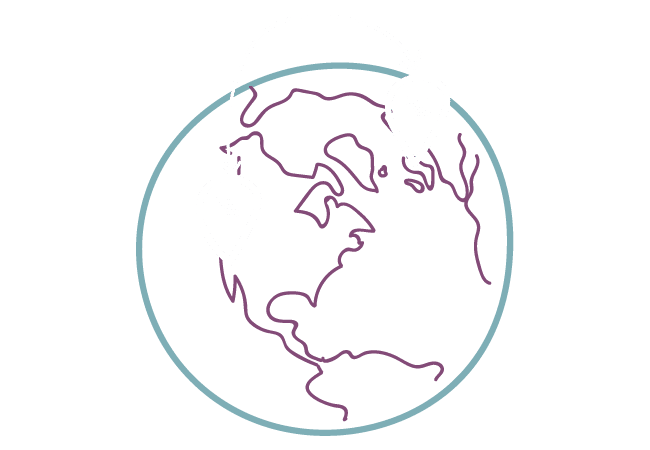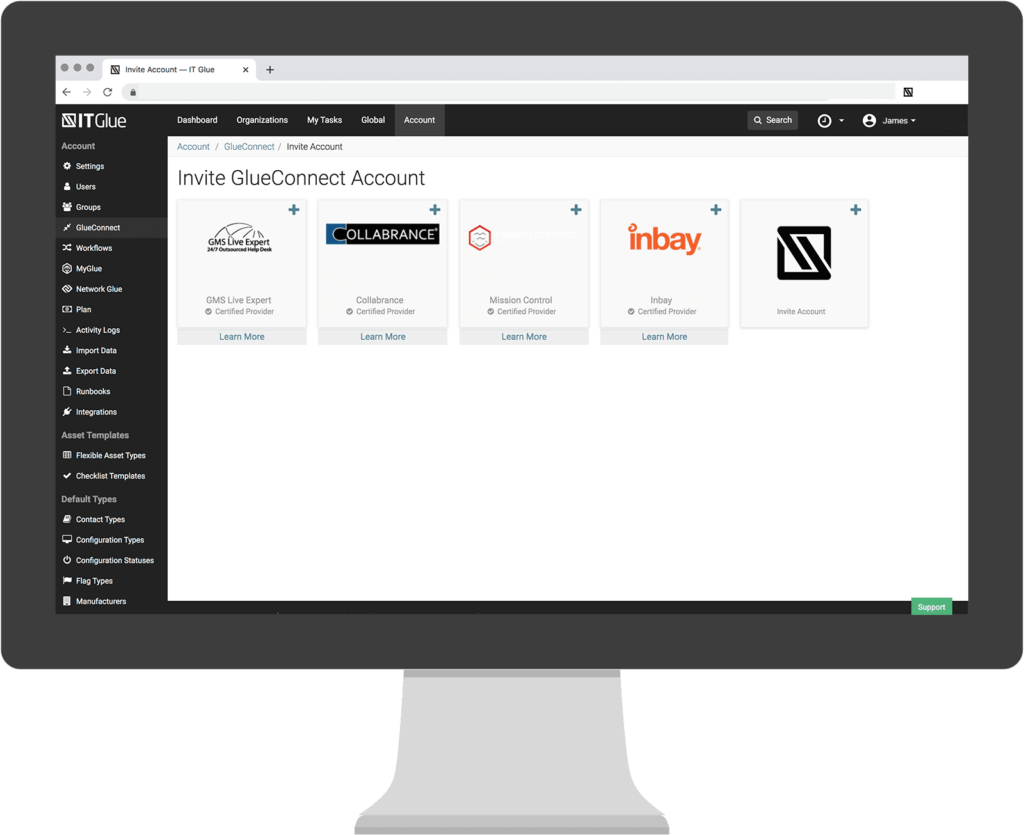GlueConnect
View Our Demo

Team up with MSPs on the other side of the planet, or with our GlueConnect Certified Providers, for round-the-clock NOC and ticket coverage. Whether you’re looking to share within your organization, business partners, contractors or clients, we give you the tools and control to do so easily.
GlueConnect allows you to link your account securely with other accounts for collaborating with or outsourcing to Certified IT Glue Service Providers.
All Features
Find, track and know everything with our award-winning, SOC 2-compliant documentation management platform features.




















